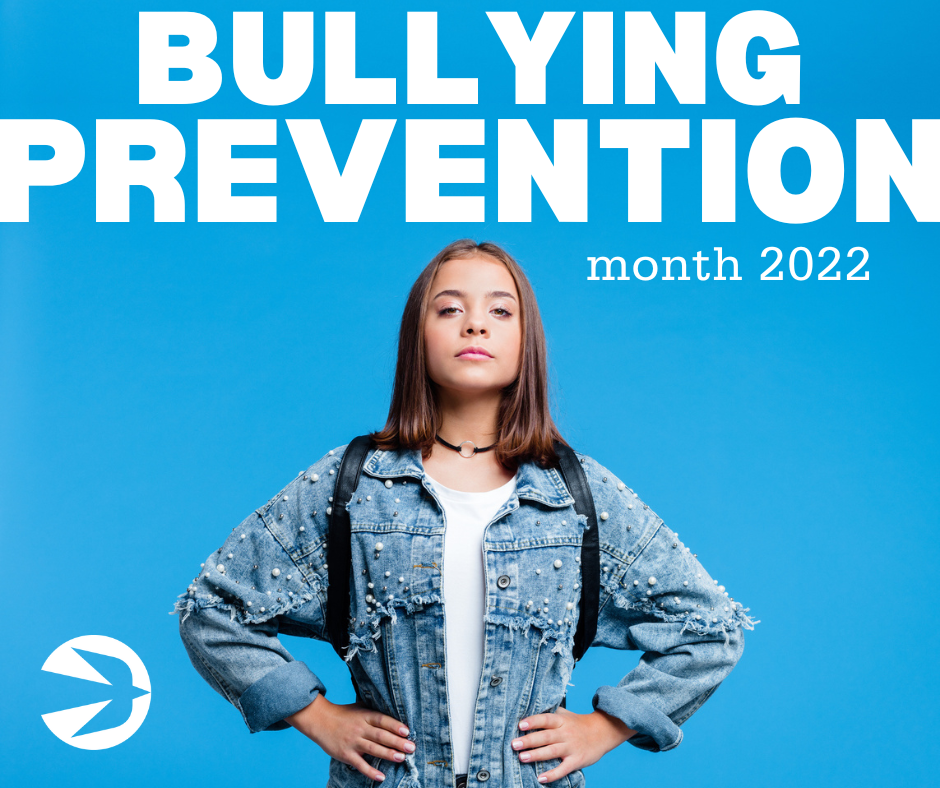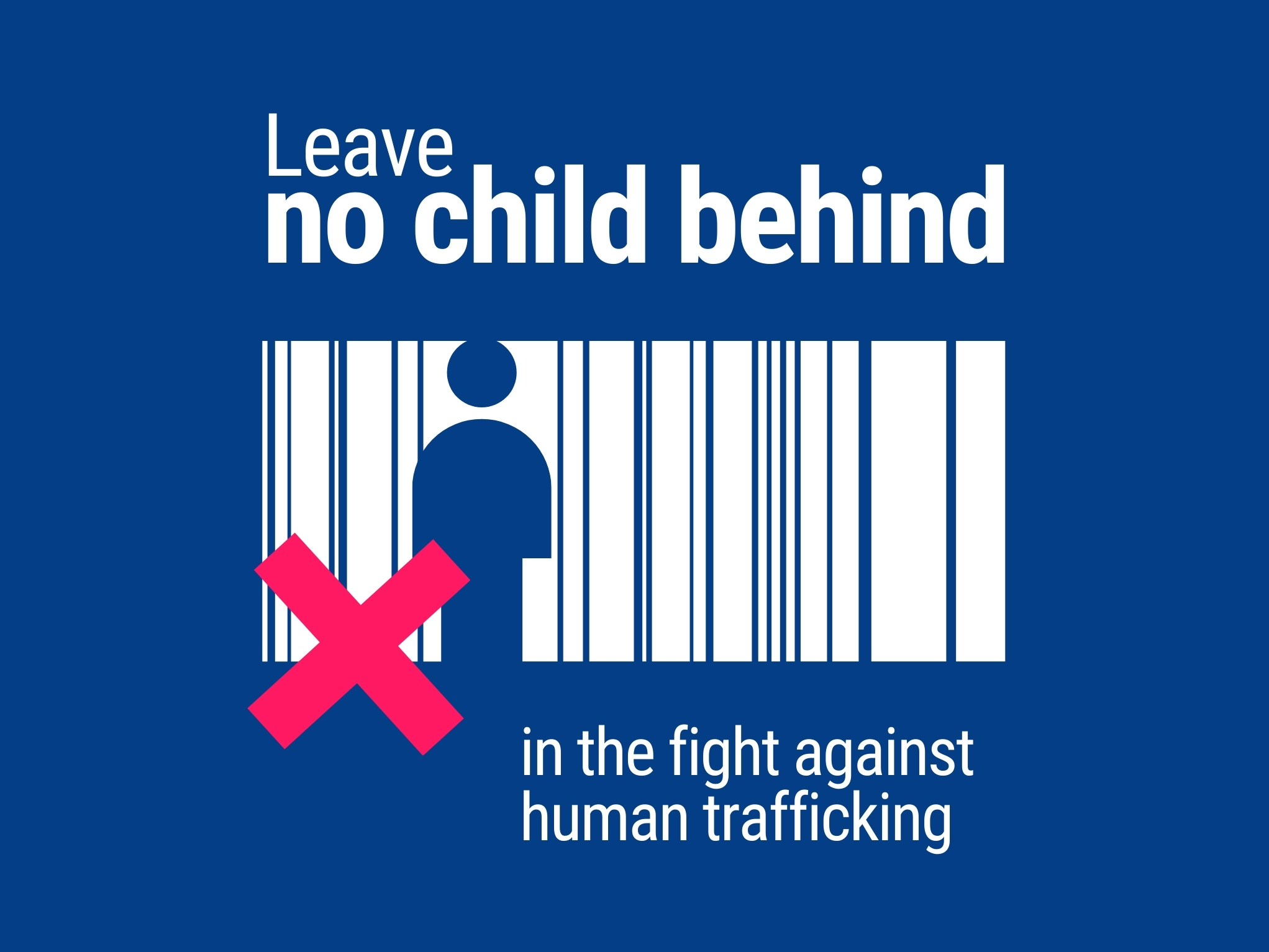Truth be told, most of us have probably experienced bullying in some form. It’s virtually impossible to escape middle or high school without becoming the focus of a bully at some point. It might come in the form of a verbal put-down, an act of physical aggression, or even a social media post.
Unfortunately, for some kids, living under pressure from a bully is a constant cause of anxiety and pain that can have lasting effects into adulthood. What’s worse … sometimes parents have little to no idea what their bullied child is going through.
October is Bullying Prevention Month, and since bullying adversely affects the health and well-being of children, it’s important to Saint Francis Ministries. This month, we’re going to talk about bullying and about ways adults and care providers can help young people who might be victims of bullying.
StopBullying.gov defines bullying as “unwanted, aggressive behavior among school aged children that involves a real or perceived power imbalance. The behavior is repeated, or has the potential to be repeated, over time.” The key components are aggression, repetition, and an imbalance of power.
As parents, we all want to protect our children from the harshness of the world. No one wants their child to be bullied, but as we’ve already noted, it might be difficult for parents to know what’s going on. Although, there are warning signs, not every child exhibits those signs.
Yet, here are a few:
- Unexplainable injuries
- Lost or destroyed clothing, books, electronics, or jewelry
- Frequent headaches or stomach aches, feeling sick or faking illness
- Changes in eating habits, like suddenly skipping meals or binge eating. Kids may come home from school hungry because they did not eat lunch.
- Difficulty sleeping or frequent nightmares
- Declining grades, loss of interest in schoolwork, or not wanting to go to school
- Sudden loss of friends or avoidance of social situations
- Feelings of helplessness or decreased self esteem
- Self-destructive behaviors such as running away from home, harming themselves, or talking about suicide
Courtesy https://www.stopbullying.gov.
What can parents do if they witness these behaviors in their school-aged child? We’ll address that in another blog post and on social media over the next few weeks.
In the meantime, StompOutBullying.com offers a HelpChat Crisis Line for youth. It’s free, confidential, and solely for young people ages 13-24. Share this information with the kids in your life so they know it’s a resource if things get too rough. Unfortunately, it’s not a 24/7 line and only accessible on Tuesdays and Wednesdays.
Naturally, the best option would be to speak with them confidentially and in person, but some kids don’t feel comfortable doing that. As adults, we need to be attentive to our kids’ behavior and make sure we’re both available and fully present for them.
StompOutBullying also offers valuable information for parents, caregivers, and school staff. You can learn a lot there. Check it out, and we’ll talk more about bullying and ways to help prevent it shortly.





